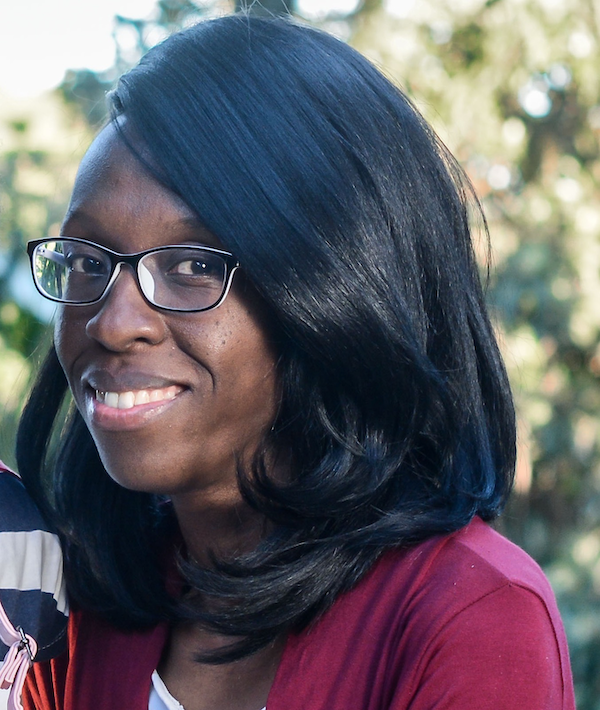Today we’re releasing the version of Descript we’ve dreamed of since conceiving of the company: a full multitrack podcast production studio.
If you make podcasts, or you’re thinking about making podcasts, download Descript and play around with the tutorial project. You’ve never seen anything like it — it’s a ground-up reimagining of what media editing should look like. Easy to learn, powerful, flexible, fast, and fun.
Descript is free for up to three hours of voice content, and then it’s just ten dollars per month — no extra charge for our industry-leading automatic transcription.

Lyrebird + Descript
You might have noticed a Descript feature in the video called “Overdub” — it deserves a few paragraphs of context.
In 2017, Alexandre de Brebisson, Kundan Kumar, Jose Sotelo, PhD students studying at MILA under Yoshua Bengio, launched a startup called Lyrebird, allowing anyone to generate a realistic text-to-speech model of themself by uploading a few minutes of audio.
As soon as we saw it, we became conscious of a Lyrebird-shaped hole in Descript. In some ways, it felt like our missing half — Descript let you delete audio by deleting text, but Lyrebird would let you add audio by typing text.
A few months ago, we started talking to Lyrebird, and the more we talked, the more we realized how well we complimented each other — not only enabling personalized speech generation, but a whole new class of AI-enabled tools for media editing and synthesis.
So we merged the companies. And Overdub is our first collaboration, available today in closed beta.

Audio is the easiest kind of content to create — you just open your mouth — but the hardest to edit. Descript and Overdub change that — and, as a result, will change the way we use audio (at least we think so). Now you aren’t limited to the words you captured in the voice booth — making corrections is as simple as typing them. Click here to try a demo and join the beta.
Invariably, to first experience Overdub is to experience wunderschrecken — a simultaneous feeling of wonder and dread. Rest assured, you can only use Overdub on your own voice. We built this feature to save you the tedium of re-recording/splicing time every time you make an editorial change, not as a way to make deep fakes.
The Lyrebird team deserves credit for figuring this out — in order to train a voice model, you need to record yourself speaking randomly generated sentences, preventing others from using pre-existing recordings to create a model of your voice. We’ve written more about this in our Ethics FAQ.

The end of the beginning
We think of today’s release as Descript 1.0 — our first coherent take on the future of audio/video creation. What’s next?
- Continue to improve Descript for podcasters, with new features like audio effects, one-click publishing, and more.
- Expand the ideas of Descript to more use cases. Today we have some basic video editing features, but there’s a lot more to come.
- Led by the Lyrebird team, use AI to invent new ways to enable creative expression.
This is been made possible in part by our friends at Andreessen Horowitz and Redpoint, with whom we’ve just completed a $15M Series A; funds we’ll use to grow the team. If building the future of creative tools sounds rewarding, check out our open positions.
Hopefully when you use Descript, it’ll strike you as a very simple app. But getting it there was anything but simple — it took the ingenuity of an incredible team that I’m so grateful to have the opportunity to work with every day. Also I want to thank to our early users, especially teams like the NPR podcasts Rough Translation and Planet Money, who put up with countless iterations and bugs as we struggled to keep up with their use cases.
We’re so happy to finally share the version of Descript with you that we’ve been imagining for almost five years. Download it now and have some fun!





















.jpg)



%20(1).JPG)





